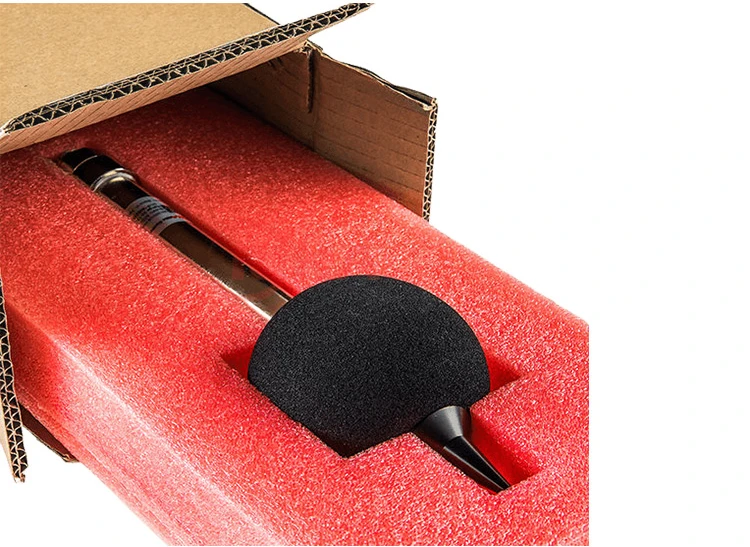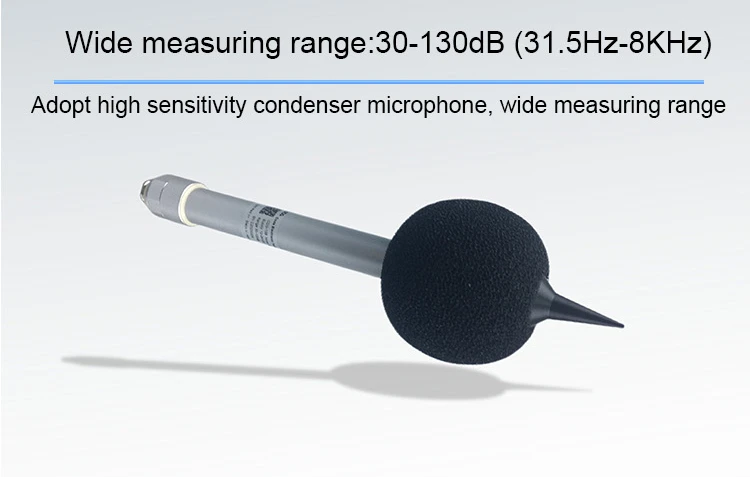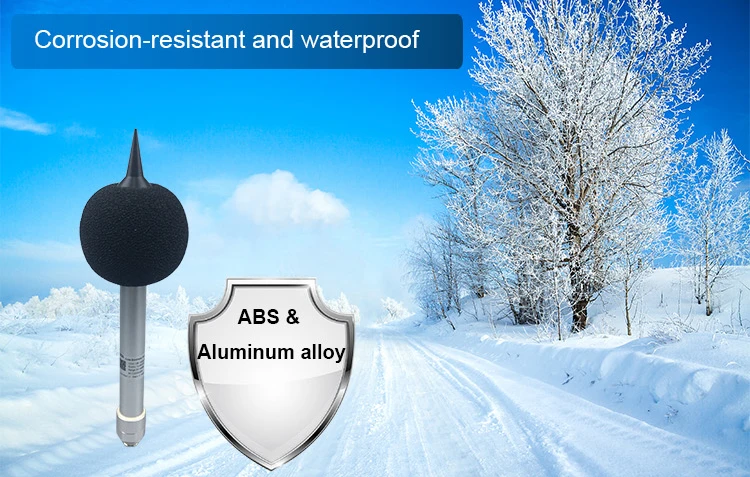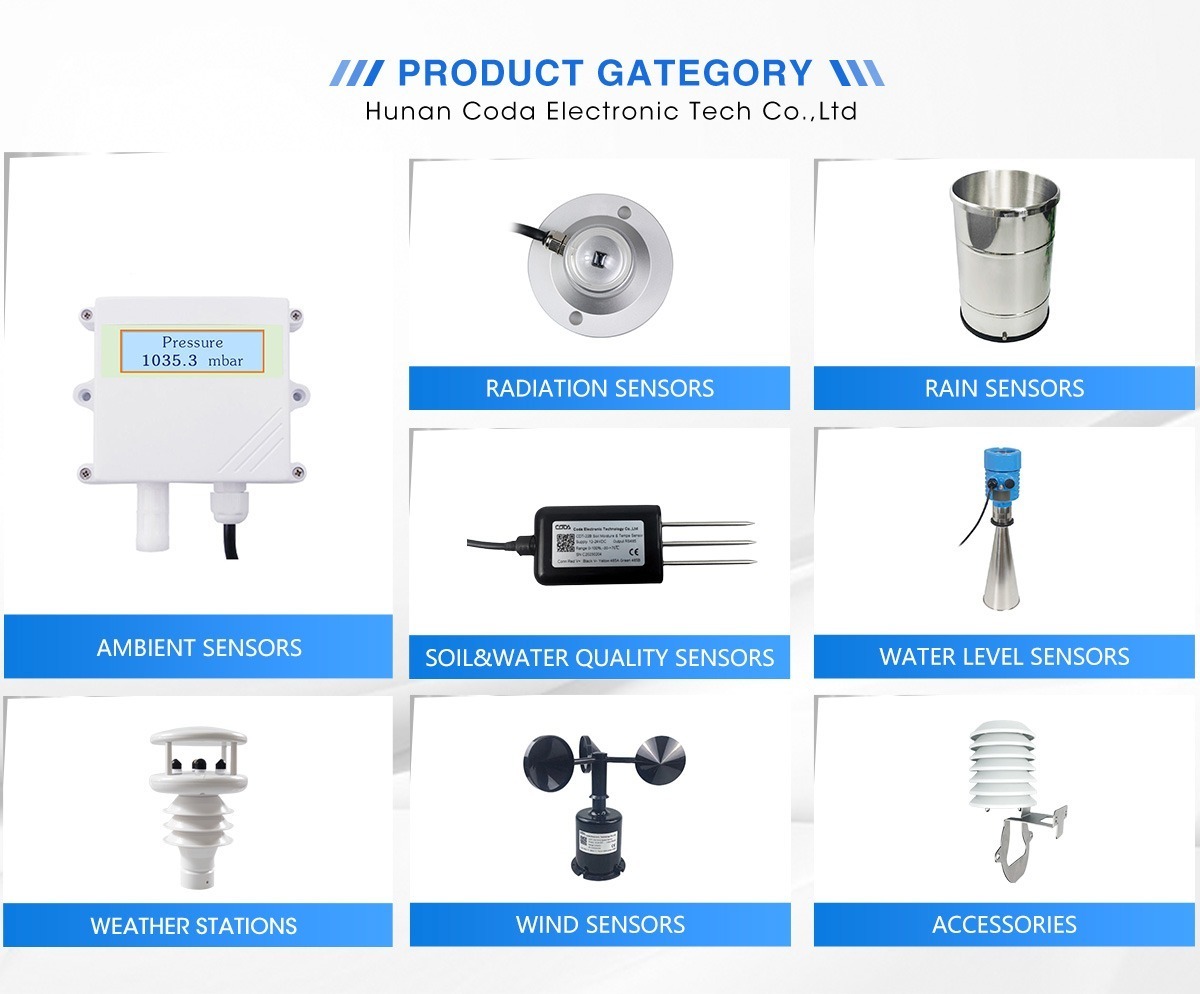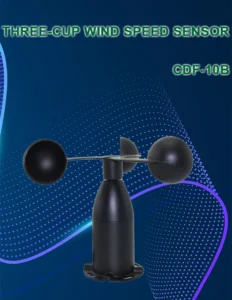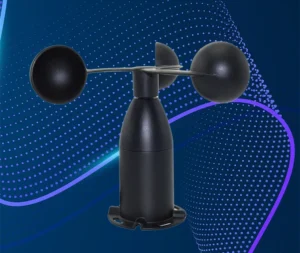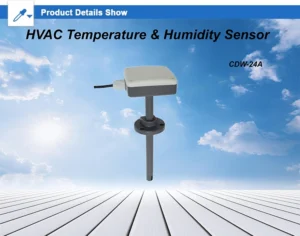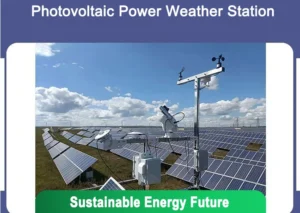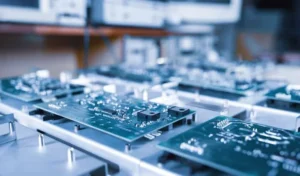Applications of Noise Sensors
In today’s world, noise is a big part of our lives. We hear it on busy city streets and in loud factories. Noise sensors, or sound level meters, help us find and measure noise. Let’s see how noise sensors are used.
Principle of Noise Sensors
Noise sensors work by turning sound waves into electrical signals. They have a sensitive diaphragm that vibrates when sound waves hit it. A transducer then changes these vibrations into electrical signals.
The strength of these signals shows how loud the sound is. The sensor measures sound levels in decibels (dB). This gives a number that shows how loud the noise is.
Applications in Different Fields
Industrial Applications
Machine Monitoring: In factories, noise sensors are often used to check the condition of machines. Unusual noises can signal early problems like bearing failures, misalignments, or worn-out parts. By keeping an eye on noise levels, maintenance staff can find issues before they cause major breakdowns. This helps reduce downtime and lower maintenance costs.
In a large factory, sensors are on conveyor belts, motors, and machines. If noise levels go up suddenly, an alarm sounds. This alerts maintenance workers to check and fix the problem quickly.
Workplace Safety: Keeping a safe working environment is very important in all industries. Long exposure to loud noise can harm workers’ hearing. Noise sensors measure the noise levels in work areas.
If the noise goes over the legal limits set by safety rules, we can take action. We can provide ear protection, put up noise-reducing barriers, or change the production process. This helps protect workers’ hearing and prevents long-term health issues.
Environmental Monitoring
Urban Noise Pollution Monitoring: As cities grow quickly, noise pollution is a big environmental problem. We place noise sensors in cities to check noise levels in areas like homes, businesses, and near transport hubs. The data from these sensors helps us map noise pollution patterns. Local governments can use this information to create rules and policies to lower noise pollution.
For example, if an area near a busy airport or highway has a lot of noise, the government can act. They can build sound-proof walls or limit loud vehicles at certain times.
Wildlife Conservation: Noise sensors help in wildlife research and conservation. Loud sounds from human activities, like construction and traffic, can disturb wildlife. This can affect how they communicate, mate, and feed.
By putting noise sensors in natural areas, researchers can measure noise levels. They can study how human noise affects animals. We can use this information to make plans that reduce noise’s harmful effects on wildlife.
Healthcare Applications of Noise Sensors
Hospital Environment Management: A quiet environment is very important for patients to recover in hospitals. Noise sensors can be put in patient rooms, hallways, and waiting areas to check noise levels. Loud noises can cause stress and discomfort for patients. This is especially true for those recovering from surgery or with sensitive health issues.
By watching noise levels, hospital staff can work to reduce it. They can manage the volume of announcements. They can also keep medical equipment in good shape to lower noise. Plus, they can set quiet-hour rules.
Hearing Aid Calibration: Audiologists use noise sensors to help calibrate hearing aids. They design these aids to amplify sounds based on a person’s hearing loss. To calibrate accurately, they measure the background noise in different places.
This information helps them change the hearing aid settings. The goal is to give the best sound while lowering background noise for the user.
Transportation Applications
Vehicle Noise Testing: In the automotive and aerospace industries, manufacturers use noise sensors to check vehicle noise levels. For cars, trucks, and buses, they place these sensors in different spots. Common locations include near the engine, exhaust system, and wheels. This helps measure the noise produced during various driving conditions.
Manufacturers use this data to design vehicles that reduce noise and meet noise standards. In the aerospace industry, engineers use noise sensors.
These sensors measure the sound from aircraft engines. They do this during takeoff, landing, and flight. This information helps them create quieter engines and better aircraft designs.
Traffic Noise Monitoring: In urban traffic management, traffic engineers use noise sensors to monitor traffic – related noise.
They put sensors on roads, bridges, and intersections to measure noise from vehicles. They can use this data to check how well traffic calming measures work. These measures include speed bumps, roundabouts, and traffic signal timings.
If a busy intersection has high noise levels from stop-and-go traffic, traffic engineers can change the signal timings. This helps reduce noise from idling and acceleration.
conclusion
Noise sensors are used in many areas. They help with industrial safety, environmental protection, healthcare, and transportation. As technology improves, noise sensors are getting more accurate, smaller, and energy-efficient. This will allow for even more creative uses in the future.
